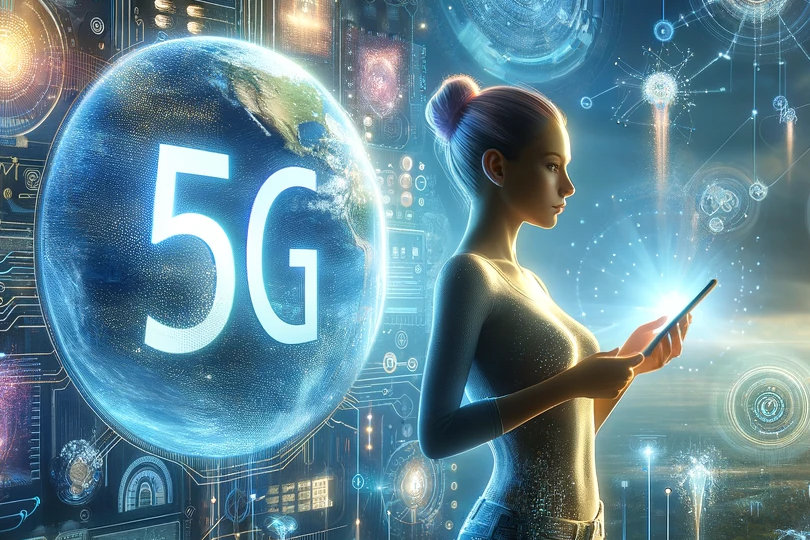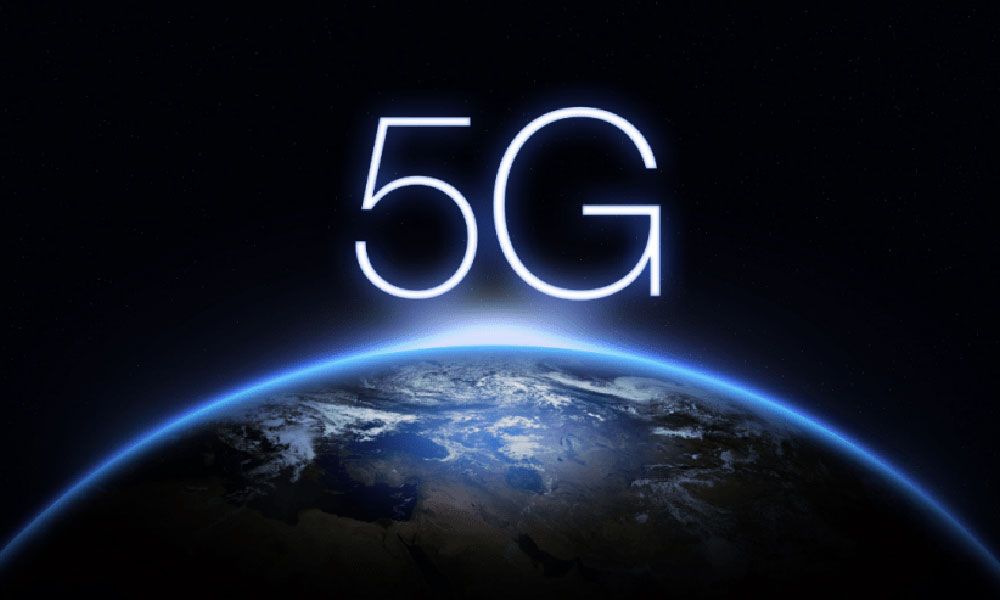The realisation of 5G technology is already a means to expand the options for business relations for many industries and become a means to improve business processes. Packed with higher internet speeds, lower latency, and the capability of handling a large number of connections at once 5G is not just an improvement over the previous generation of network (4G), but a quantum leap that could redefine business functioning in the connected economy.
In this short conversation, we will discover how 5G can revolutionise business communications, improve remote working and facilitate the adoption of IoT into the business environment.
1. Improved Business News and Communications
The application of 5G technology provides one of the most significant advantages through improving business communication. 5G provides the transmission rates of up to 100 times higher than 4G with significantly lower latency, that is, the time needed before some data transmission commences after an instruction. This can greatly improve:
- Video Conferencing: With 5G being a fast internet connection, video conferencing dials up and has fewer lags, higher quality, and more live streams. This helps businesses rely on stable video calls, specifically large and enables better communication between distant teams, clients, and partners worldwide.
- Collaboration Tools: Microsoft Teams, Slack, and Google Workspace which are tools for cloud collaboration will work smoother with 5G. Modern technology advances in collaborative work include instant file sharing, real-time document editing, and fast communication between different departments or even between different continents become less time-consuming, and overall productivity of the work increases with the help of faster networks.
2. Enhanced Remote Work Capacity
The COVID-19 has driven the working model change toward remote work in different organizations, and the 5G will be a more efficient and reliable working model for it. The advantages include:
- Mobile Workstations: The workforce is no longer restricted to a fixed desk at the workplace or even having access to home broadband connection. 5G allows smartphones, tablet, notebook to surf the internet fast anywhere and that allows the employees to perform their operation even outside the workplace. Realisation of high-speed 5G links can also enable real-time access to cloud applications and corporate networks, and guarantee the uninterrupted work of business processes.
- Virtual and Augmented Reality (VR/AR) for Remote Training: With 5G, a firm can use VR and/or AR in the training of employees who are located in remote areas. Immersive training practices that rely on VR/AR and integrated real time data transfer will be more effective in 5G, allowing benefits to industries to fields including healthcare, manufacturing and education to provide remote ,engaging training .
- Low-Latency VPNs and Secure Connections: Security to the company networks is a major concern in the workforce that mostly works from home. 5G reduces the latency hence enhancing VPN, which most workers use to connect to their organization’s network securely. This results in improved connectivity of networks, increased speed, reliability and security making work output better.
3. Accelerating IoT Integration

Applying 5G in the Internet of Things (IoT), whereby devices, sensors, and machines through the internet makes one of the areas where it will bring significant change. Its ability to support a large number of devices with stable connections opens up a range of possibilities for businesses:
- Smart Manufacturing: 5G can facilitate the real-time voice and data communication needed in smart factories, where IoT devices and sensors are used to monitor equipment, manage stocks, and manage production lines. 5G offers increased robust connectivity, and less downtime, and enables organizations to quickly adapt in reaction to shifts in demand or supply.
- Supply Chain Optimization: Such applications as sensor and tracking systems by IoT are able to oversee supply chain and its management. Through 5G, Enterprises can track consignments, monitor temperature and humidity levels, and identify a problem before it actually occurs, thus getting better control over the supplying chain.
- Smart Cities and Infrastructure: In smart city plans, 5G can connect several thousands of IoT devices that control the energy, traffic, waste management and other city facilities. For businesses in construction, energy, and urban development, this is the perfect point where they can work to develop their service deliveries, find meilleures alternatives, and ways of minimizing their costs.
Note
The prospect of the new 5G technology is anticipated to revolutionize the business environments, communication, work from home, and growing the abilities to connect Internet of Things gadgets. Thus through faster, automatic and secure connections business could setup smoother working environments, execute their projects in real time collaborating environments and can also incorporate new age advancements in their operations for advancement. With most companies around the world adopting 5G, those companies that embraced this progress will be of more advantage in the future as the world become more digital to adapt to the facilities of new technology.
While implementing 5G may require the investments on network and devices, as well as compatible ones, this technology is one of the key drivers that will prove business value across customer experience and operational efficiency.
